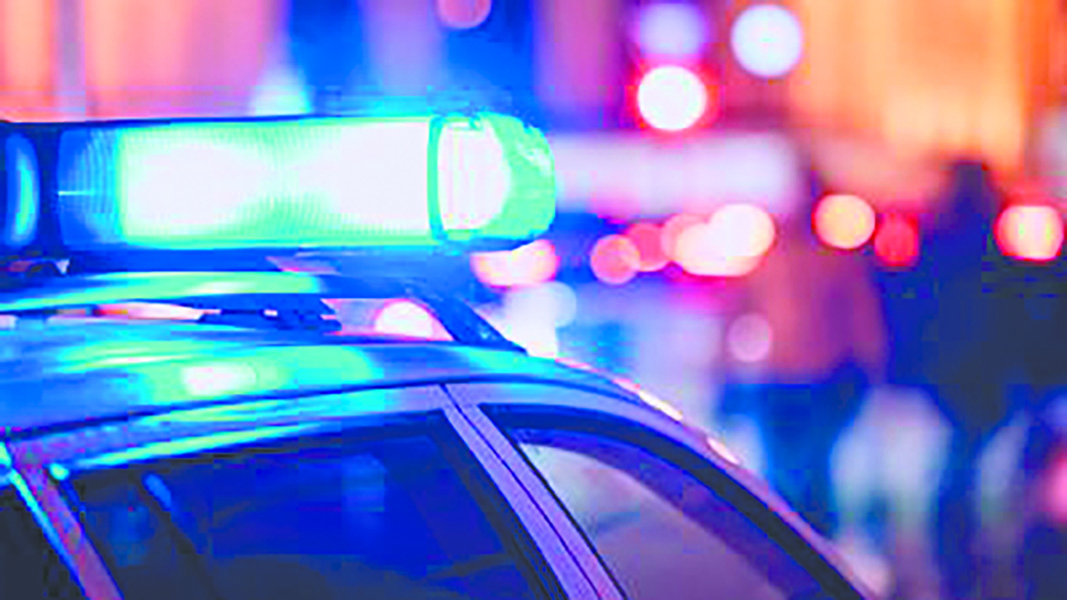Civil
Those Important First 45 Words In Police Encounter

By Leonard E. Colvin
Chief Reporter
New Journal and Guide
When a police officer stops a Black driver, the first 45 words uttered by the officer may determine how the level of tension will escalate between the officer and the driver, especially Black males.
This, according to a new study in the “Proceedings of the National Academy of Sciences” which examined police body-camera footage of 577 routine car stops involving Black drivers in an undisclosed city.
According to the report, 81 of these stops ultimately involved searches, handcuffing, or arrests.
But the chance of escalating tensions, handcuffing, arrests, or violence was reduced when a police officer’s first words provided a reason for the stop.
Conversely, escalating tension is nearly three times more likely to start when the first words are commands, such as “Keep your hands on the wheel” or “Turn the car off.”
“The first 45 words, which is less than 30 seconds on average, spoken by a law enforcement officer during a car stop to a Black driver can be quite telling about how the stop will end,” said Eugenia Rho, a member of the research team at Virginia Tech during an interview on the National Public Radio (NPR) news show Morning Edition recently.
Amid the recent high-profile killing of Tyre Nichols, a 29-year-old Black man who died after several Memphis police officers punched, kicked and pepper sprayed him following a traffic stop on January 7, as well as other Black motorists after traffic stops, the findings offer a grim sketch of how a police stop can escalate and how Black men can recognize the warning signs.
Tyre Nichols died of blunt force injuries to the head from his beating, autopsy shows.
The New York Times analysis of the videos reveals the four officers who encountered Nichols directed a barrage of 71 commands in 13 minutes at him that were confusing, conflicting, sometimes simultaneous, and impossible to obey.
When Nichols could not comply – and even when he managed to – the officers responded with escalating force.
All of this took place even before reported to the dispatcher that Nichols was in custody.
Rho and her colleagues focused on Black drivers because this group is stopped by the police at higher rates and is more likely to be handcuffed, searched, and arrested than any other racial group.
“The car stop is by far the most common way people come into contact with the police,” says Jennifer Eberhardt, a social psychologist at Stanford University.
“With the spread of body-worn cameras, we now have access to how these interactions unfold in real-time.” All of the stops in this study occurred in a racially diverse, medium-sized U.S. city over the course of one month; the researchers did not identify the city for privacy reasons.
“The vast majority of the stops that we’re looking at are stops for routine traffic violations, not for other things that are more serious,” says Eberhardt.
The researchers controlled for factors such as the officer’s gender and race, as well as the neighborhood crime rate. About 200 officers were involved in these stops.
“It’s not really a function of a few officers driving this pattern,” says Rho.
The words or actions of the person behind the wheel of the car didn’t seem to contribute to escalation.
“The drivers are just answering the officers’ questions and explaining what’s going on,” says Eberhardt. “They’re cooperative.”
To understand how Black men perceive the initial language used by police officers during a car stop, the researchers asked 188 Black men to listen to recordings of the opening moments of car stops.
It turns out, perhaps not surprisingly, those Black men were highly attuned to the implications of a police officer starting an interaction with a command.
“When officers began with orders without reasons, Black male participants predicted that the stop would escalate in over 84 percent of those cases,” says Rho.
None of the stops cited in this part of the study resulted in the use of force.
But the participants said they worried about the possibility of force 80 percent of the time when they heard a recording of a law enforcement officer’s voice issuing a command without offering a reason.
“In this country, we know much more about fearing Black people than the fears of Black people,” says Eberhardt. “Many Black people fear the police, even in routine car stops. That fear is a fear that could be stoked or set at ease with the first words that an officer speaks.”
During the NPR report, Yale Law professor, Tracey Meares, also a founding director of the Justice Collaboratory at Yale Law School, reviewed the study.
She found it gratifying to see this kind of social dynamic measured with such precision. “There are stark racial differences in who is stopped and who’s not,” says Meares, who points out that in the one-month period covered by this study, the city’s police officers did 588 stops of Black drivers and only 262 stops of White drivers.
The report noted that over 15 percent of Black drivers experienced an escalated outcome such as a search, handcuffing, or arrest, while less than 1 percent of White drivers experienced one of those outcomes.
Rho says in planning this study, they had initially set out to look at patterns related to traffic stop escalation for White drivers too but realized that it happened so infrequently for White drivers that there just weren’t sufficient numbers to even include them in the analysis.














